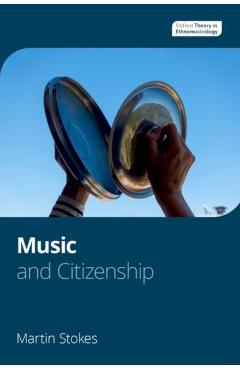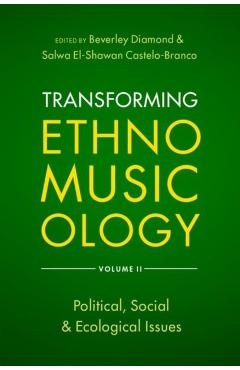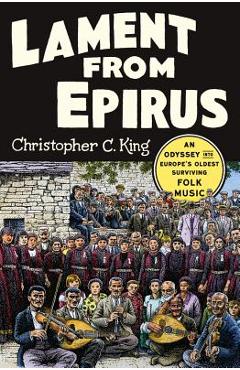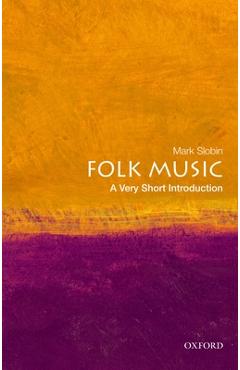Musical Nationalism, Despotism and Scholarly Interventions in Greek Popular Music
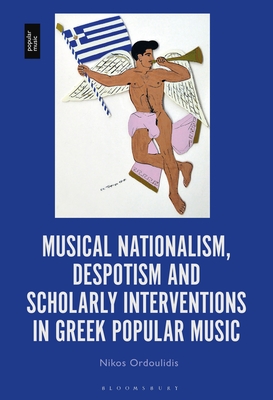
Musical Nationalism, Despotism and Scholarly Interventions in Greek Popular Music
This book discusses the relationship between Greek Orthodox ecclesiastical music and laiko (popular) song in Greece. Laiko music was long considered a lesser form of music in Greece, with rural folk music considered serious enough to carry the weight of the ideologies founded within the establishment of the contemporary Greek state. During the 1940s and 1950s, a selective exoneration of urban popular music took place, one of its most popular cases being the originating relationships between two extremely popular musical pieces: Vasilis Tsitsanis's "Synnefiasmeni Kyriaki" (Cloudy Sunday) and its descent from the hymn "Ti Ypermacho" (The Akathist Hymn). During this period the connection of these two pieces was forged in the Modern Greek conscience, led by certain key figures in the authority system of the scholarly world. Through analysis of these pieces and the surrounding contexts, Ordoulidis explores the changing role and perception of popular music in Greece.
PRP: 305.90 Lei
Acesta este Pretul Recomandat de Producator. Pretul de vanzare al produsului este afisat mai jos.
275.31Lei
275.31Lei
305.90 LeiIndisponibil
Descrierea produsului
This book discusses the relationship between Greek Orthodox ecclesiastical music and laiko (popular) song in Greece. Laiko music was long considered a lesser form of music in Greece, with rural folk music considered serious enough to carry the weight of the ideologies founded within the establishment of the contemporary Greek state. During the 1940s and 1950s, a selective exoneration of urban popular music took place, one of its most popular cases being the originating relationships between two extremely popular musical pieces: Vasilis Tsitsanis's "Synnefiasmeni Kyriaki" (Cloudy Sunday) and its descent from the hymn "Ti Ypermacho" (The Akathist Hymn). During this period the connection of these two pieces was forged in the Modern Greek conscience, led by certain key figures in the authority system of the scholarly world. Through analysis of these pieces and the surrounding contexts, Ordoulidis explores the changing role and perception of popular music in Greece.
Detaliile produsului










